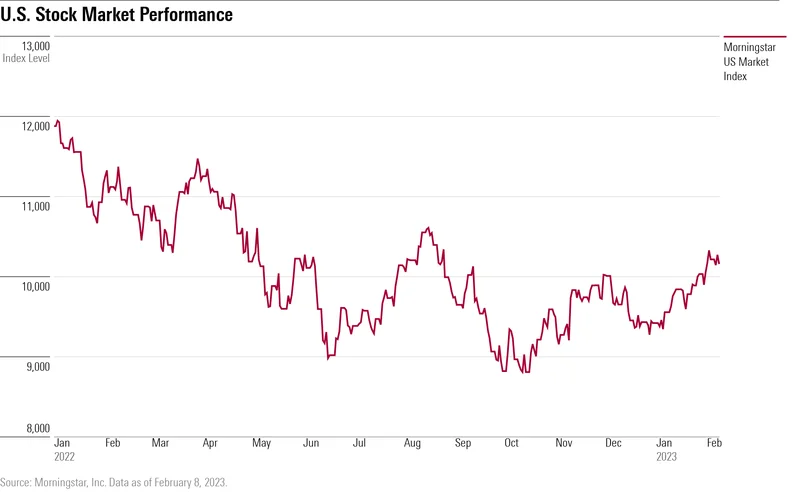Thanksgiving & The Markets: What Every Forward-Thinker Needs to Know
Thanksgiving, Black Friday, and the Market's Strange Dance
Alright, everyone, gather 'round! Thanksgiving's almost here, and you know what that means: family, food, and… a slightly weird schedule for the stock market. It's a tradition as American as apple pie, this dance between national holidays and the relentless engine of Wall Street.
So, here's the deal. Thanksgiving Day, November 27th, 2025, the New York Stock Exchange (NYSE) and the Nasdaq will be closed. Flat out. No trading. Nada. This isn’t exactly breaking news, of course. It's a federal holiday, and most things grind to a halt, or at least slow way down. Think of it as a collective deep breath before the Black Friday shopping frenzy.
But here’s where it gets interesting. Black Friday, the day after Thanksgiving, is a different beast altogether. The markets will be open, but only for a half-day. They’ll close at 1 p.m. ET, giving everyone a head start on their holiday shopping – or, more likely, a chance to recover from their turkey comas. The bond market is similar, closing at 2 p.m. ET. Commodity futures markets? Well, that’s a whole other can of worms, with modified schedules that you’ll need to check individually. It's like a bizarre, financial version of early bird specials. Is the stock market open on Thanksgiving Day? See NYSE trading hours. It's like a bizarre, financial version of early bird specials.
Why this odd compromise? Why not just stay closed? Well, that's the question, isn't it? The market never truly sleeps, but it does nap, and this half-day opening feels like a compromise between tradition and the insatiable need for… well, more. It feels almost quaint, doesn't it? A small acknowledgement that even the financial world needs a breather.
This brings me to my big idea: the very human element of markets. We often think of the stock market as this cold, calculating machine, driven by algorithms and data. But it's not. It's driven by people. By our hopes, our fears, our dreams, and even our need to spend time with family. The Thanksgiving closure, the Black Friday half-day – these aren't just scheduling quirks. They're reflections of our values.
Beyond the Bottom Line: Reclaiming Our Time
The Bigger Picture: A Moment to Reflect

Now, I know what some of you are thinking: "Aris, this is just about trading hours. What’s the big deal?" And you’re right, on the surface. But think about it this way: the market's schedule is a microcosm of our society's relationship with work, leisure, and the relentless pursuit of growth. The fact that the market ever closes is a testament to the idea that there are things more important than money.
And frankly, this is the kind of breakthrough that reminds me why I got into this field in the first place.
Even cryptocurrency markets, which operate 24/7, 365 days a year, are subject to human influence. While the trading never stops, the decisions behind those trades are still made by people, people who are influenced by the same holidays and cultural events as everyone else.
What if, instead of seeing these holiday closures as inconveniences, we saw them as opportunities? A chance to step back, reassess our priorities, and remember what truly matters. It’s a moment to question the relentless pursuit of more and consider the impact of our actions on the world around us. Are we building a future that’s sustainable, equitable, and fulfilling? Or are we just chasing numbers on a screen?
This isn’t to say that markets are inherently bad. Far from it! They’re powerful tools that can be used to create wealth, drive innovation, and improve lives. But like any tool, they need to be used responsibly. And that responsibility starts with us, with our choices, our values, and our willingness to prioritize people over profit.
And here's where I get excited. Imagine a world where markets are aligned with our values, where they serve the common good, and where they contribute to a more sustainable and equitable future. It’s a lofty goal, I know, but it’s one worth striving for.
